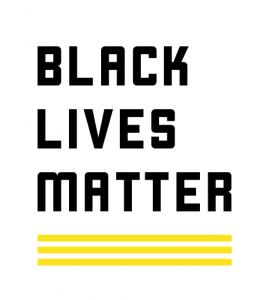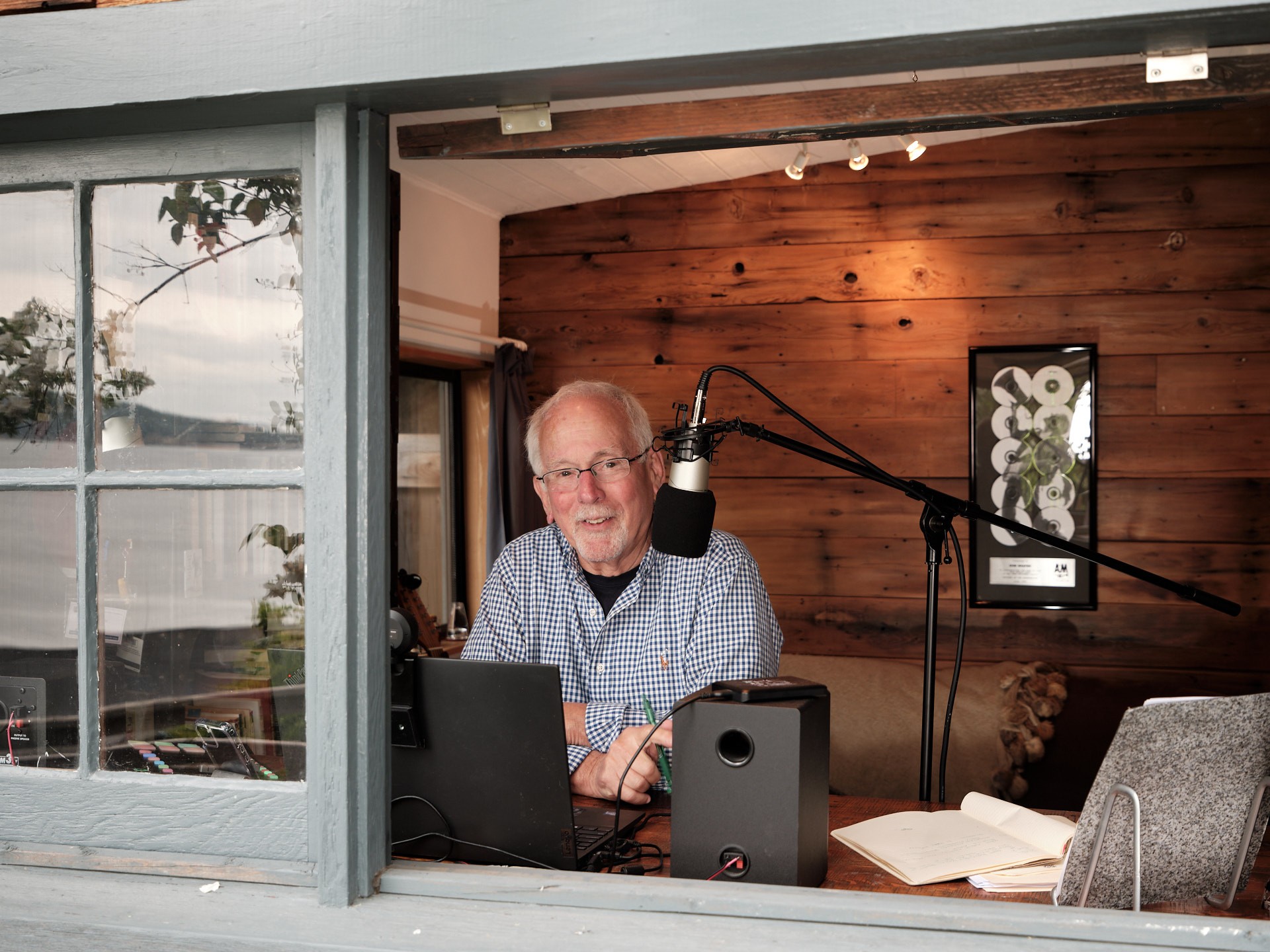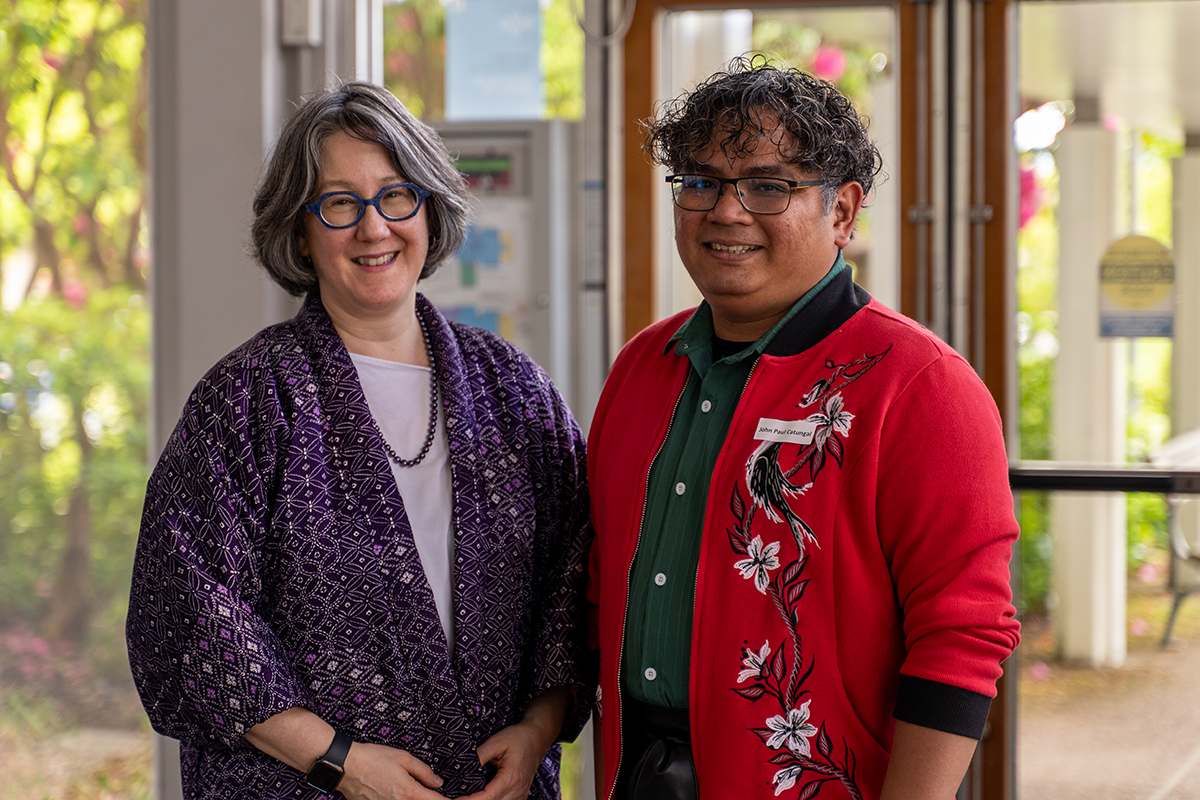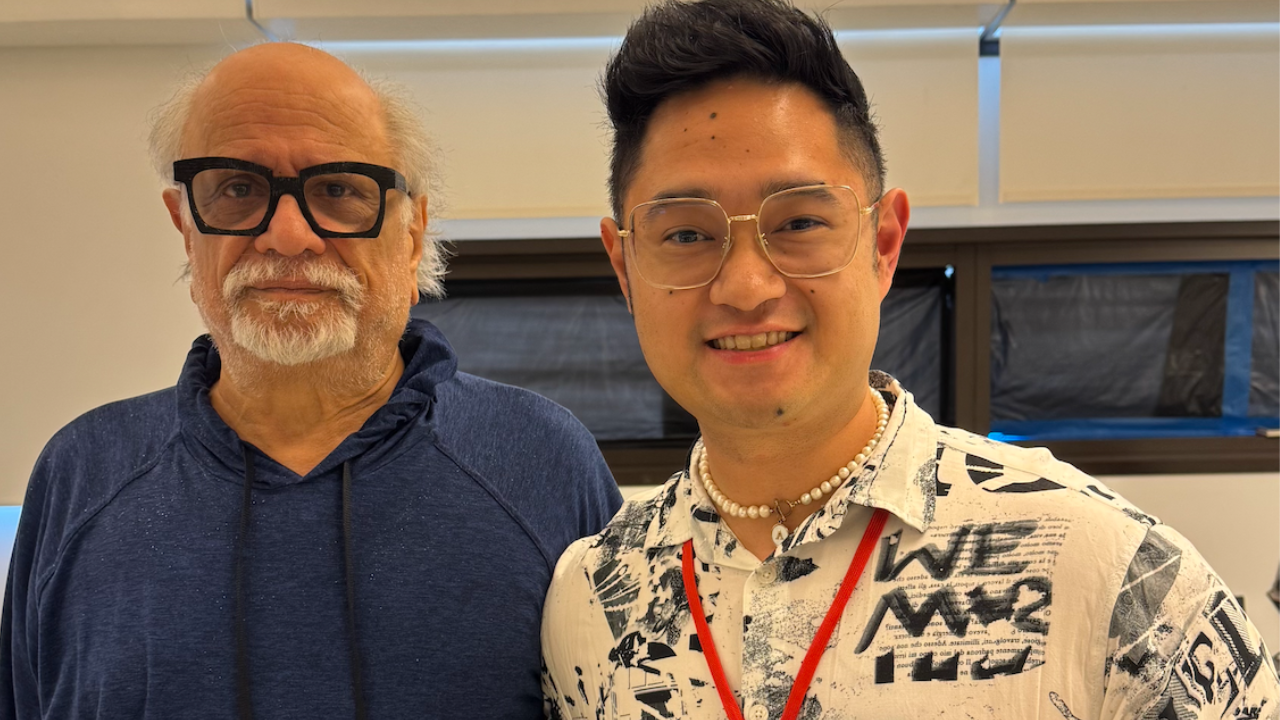

The Social Justice Institute at UBC stands firmly in solidarity with Black communities and with movements dedicated to racial justice and to struggles against racial capitalism, settler colonialism, and white supremacy in their systemic, institutional, and everyday manifestations.
We stand in solidarity with activists, community organizers, and protestors in their call for justice and for an end to white supremacy. We affirm public protests in response to anti-Black police violence as one important tactic in the fight for social justice. We also affirm actions that exist alongside and in tandem with protests, including but not limited to mutual aid, community organizing, cultural production, radical education, and advocacy.
We join protestors, activists, and community organizers all over the world in seeking justice for George Floyd, Tony McDade, Breonna Taylor, Nina Pop, David McAtee, Ahmaud Arbery, Adama Traore, D’Andre Campbell, Abdirahman Abdi, Andrew Loku, Regis Korchinski-Paquet, and Samwel Uko, as well as many others, including those whose names have been actively erased from history. We recognize that their deaths constitute only a small portion of the large number of deaths enabled by institutionalized anti-Blackness in policing. There are many more, as anti-Black violence has a long and ongoing history and is an important part of an enduring system of white supremacy that also deploys the violence of settler-colonial dispossession, Indigenous genocide, cisheteropatriarchy, and racisms against people of colour.
We reiterate what protestors, activists, and community organizers have stated before, and continue to state: that anti-Blackness also dehumanizes, maims, and kills in the form of not only policing but also: disproportionate exposure to environmental harms; school-to-prison pipelines; global capitalist practices that extract Black people’s labour and resources; misogynistic and cisheteronormative violence that targets especially Black women and LGBTQ people; and border control policies and practices that maintain white supremacy, settler colonialism, and imperialism. We also name the anti-Blackness of inaccessible and inequitable health care systems that neglect Black people, as evidenced in the disproportionate COVID-19 infections and deaths of Black people in Toronto, New York, Louisiana, the UK, and other places globally. We also name anti-Blackness in urban planning and economic development practices that neglect Black community needs, and that actively erase Black people’s geographies and histories through gentrification and infrastructure development. Of the latter, we specifically identify Hogan’s Alley in Vancouver and Africville in Halifax as two examples of the razing of Black communities from Canadian cities in the name of the so-called “greater good”.
We in educational institutions have a lot of work to do to face up to and undo the anti-Blackness that is woven into the fabric of our workplaces. At UBC, and in other post-secondary institutions, anti-Blackness takes form not only in macro- and micro-aggressions but also in inequitable hiring, retention, and promotion practices; curricula and research that ignore and displace the work of Black thinkers and cultural producers; departmental and work cultures that disproportionately burden Black faculty, staff and students; and the uncritical mobilization of “free speech” to provide space and support for anti-Black, racist, Islamophobic, misogynistic, anti-trans, anti-Indigenous and homophobic speakers. Last year, when UBC hosted the Congress of the Humanities and Social Sciences, Shelby McPhee, a Black scholar of Political Science, was racially profiled by fellow conference attendees, which led to university police subjecting him to public interrogation. While institutions like UBC have made public proclamations of a commitment to equity and diversity, these ring hollow unless actionable strategies and practices, with leadership from Black UBC community members, are adopted to respond to anti-Blackness in hiring, teaching, research, policymaking, community engagement, and administration. Without material shifts in how we at UBC do things, empty rhetorical invocations of a commitment to social justice only serve to mask entrenched and ongoing structures of violence and exclusion.
The Social Justice Institute will continue to leverage our research, teaching, community engagement, cultural production, and presence in decision-making spaces towards the creation of more socially just worlds in and beyond the University. We acknowledge that the scholarship, teaching, and creative work of Black people have been and continue to be foundational to the feminist, queer, anti-racist, and decolonial histories, knowledges, and futures that inform the work that we do. We will center intersectional approaches to social justice and will name the exclusionary and dehumanizing histories and ongoing practices of scholarly communities to which we belong. We will press our institution, our networks, our communities, and ourselves to be accountable to the social justice demands, visions, and leadership of our Black colleagues, students, community partners, and friends (see links below). We commit to supporting Black students, faculty, staff, and community members by amplifying Black scholarship, activism, and cultural production, and providing support to them in our corridors and classrooms. We call on our community members to support, if you are able, the efforts of community organizers, educators, and activists not only financially, but also as allies and accomplices on the frontlines (see links below).
We identify the following calls to action to the University of British Columbia, including within the Social Justice Institute:
• Redirect financial, human, and infrastructural resources to support and enhance all aspects of Black UBC community members’ relationships with the university, including in research, teaching, administration, student life, and community engagement
• Adopt university. faculty and departmental policies that specifically support the hiring of Black faculty members, staff, and research and teaching personnel
• Increase scholarships, bursaries, and other forms of support for Black undergraduate and graduate students, and allocate financial resources to support Black-led student and community organizing at UBC
• Allocate resources to strengthen the University’s capacity to offer courses and programs and to support research in Black studies
• Review and improve existing support systems (such as, but not limited to student advising, career advising, and accommodations) to ensure that they support Black people and other marginalized communities in intersectional anti-oppressive ways
• Develop mechanisms to enhance and support the presence of Black UBC community members in crucial decision-making bodies at UBC
• Investigate and implement alternatives to policing at the UBC campus
In solidarity,
The Institute for Gender, Race, Sexuality and Social Justice
A partial list of statements and calls to action:
- Black Lives Matter Vancouver
- Black Student Union, University of British Columbia
- Black Law Students Association, University of Toronto
- Black Muslim Initiative
- Dr. Louis Chude-Sokei, Editor-in-Chief of The Black Scholar and Director of the African American Studies Program, Boston University
- Institute for Critical Indigenous Studies, University of British Columbia
A partial list of organizations to support


